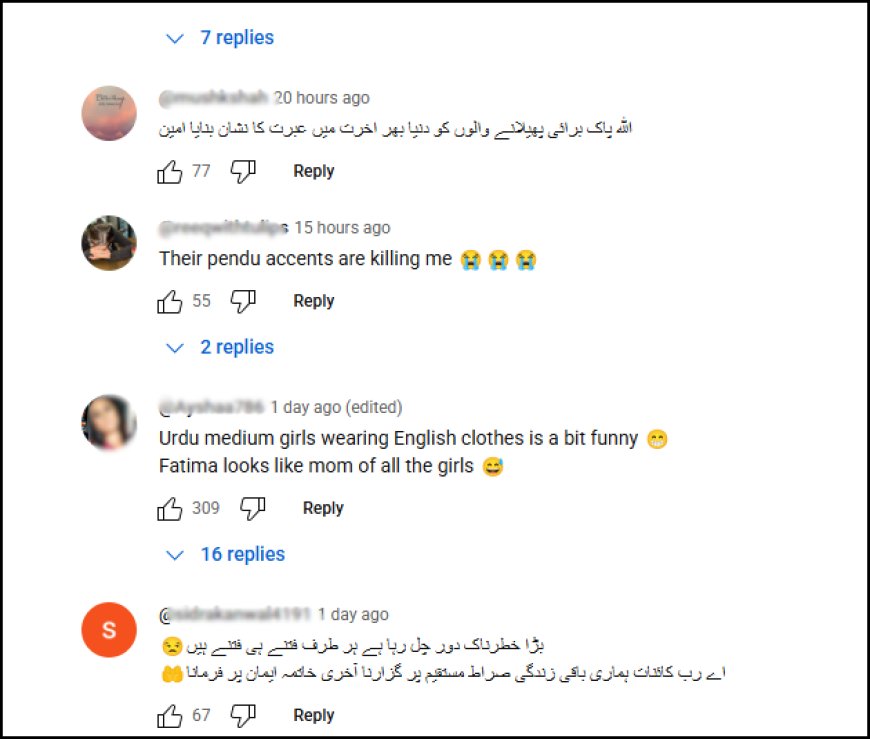Lazawal Ishq Review: Pakistan’s First ‘Love Villa’ Meets Instant Backlash
Filmed in Istanbul with glossy, villa-style visuals, Lazawal Ishq puts eight Pakistani contestants (four women and four men) in one house to mingle, flirt, and try to form bonds on camera.

Pakistan’s first villa-style dating show, Lazawal Ishq, has ignited an online storm within hours of its debut. Hosted by Ayesha Omar, the Urdu-language YouTube series takes inspiration from global reality formats featuring lavish villas, contestant reveals, and playful challenges, but it has quickly become a cultural flashpoint rather than a casual watch.
A New Format, Familiar Formula
Ayesha Omar anchors the show with her trademark energy, introducing contestants, guiding conversations, and orchestrating the early pairings. The show’s Turkish location, polished production, and cinematic editing clearly aim for global aesthetics. Designed for mobile viewing, the pacing is brisk and visually engaging.
Yet beneath the glossy surface lies a familiar setup: strangers living together, testing chemistry, and forming connections on camera. Whether it feels like progress or imitation depends on the viewer. Some call it a bold cultural experiment, while others see it as an imported concept without local nuance.
Public Reaction: Moral Outrage and Online Firestorm
The backlash was swift. Social media filled with accusations that Lazawal Ishq crosses moral lines and copies Western dating culture. Critics cited discomfort over unmarried men and women sharing a house, labeling the show un-Islamic, cringe, and against Pakistani values.
Typical viewer comments included:
-
Boycott this cheap show.
-
May Allah forgive such people.
-
We don’t need this Western nonsense in Urdu.
Media reports confirmed that the criticism isn’t about production quality but about values, modesty, and cultural fit. The teaser alone drew controversy weeks before full episodes dropped. On TikTok and X (Twitter), memes, angry threads, and ironic doom-watching now coexist the perfect recipe for viral success

PEMRA’s clarification
As outrage grew, PEMRA stepped in to clarify:
“Lazawal Ishq is not being aired on any PEMRA-licensed television channel.”
In plain terms, PEMRA has no jurisdiction over YouTube content. The regulator’s statement confirmed that since Lazawal Ishq streams exclusively online, its rules for broadcast content don’t apply.
This regulatory gray area explains the show’s tone free, riskier, and less censored than traditional TV. It also reveals why critics demanding a ban are unlikely to succeed: digital content falls under platform, not government, control.

The Audience That’s Hooked
Despite all the outrage, the show has a loyal following. A younger, digitally native audience sees Lazawal Ishq as overdue something new for Urdu entertainment that mirrors global reality trends.
Viewers have already picked favorites. Laiba and Fahad are emerging as the “relatable couple,” praised for seeming natural in an otherwise over-produced cast. In fan threads, they’re described as the only two not acting for the camera. This reaction rooting for real chemistry shows that the formula works, even amid controversy.


Cultural Impact: Beyond Entertainment
Viewed purely as TV, Lazawal Ishq is flashy and fast-paced but uneven. Some contestants appear visibly uncomfortable; others play to the camera. The editing prioritizes drama over depth.
However, as a cultural moment, it’s significant. It challenges long-held assumptions about what Urdu-language entertainment can portray when it’s not restricted by television laws.
The PEMRA statement also confirms a larger shift. Pakistani entertainment is moving into a digital-first era, where platforms, not regulators, decide what audiences can watch
Final Thoughts
Lazawal Ishq is less about love stories and more about a cultural experiment. It exposes the tension between digital freedom and traditional expectations. Some call it un-Islamic, others call it refreshing. Both sides are watching.
If the creators refine tone, highlight genuine connections, and adapt better to local sensibilities, it could evolve from controversy to comfort-watch. For now, it’s a lightning rod proving that even love stories can spark national debate.
Want to explore more reviews? Click here to check them out.

 Ayesha Mir
Ayesha Mir